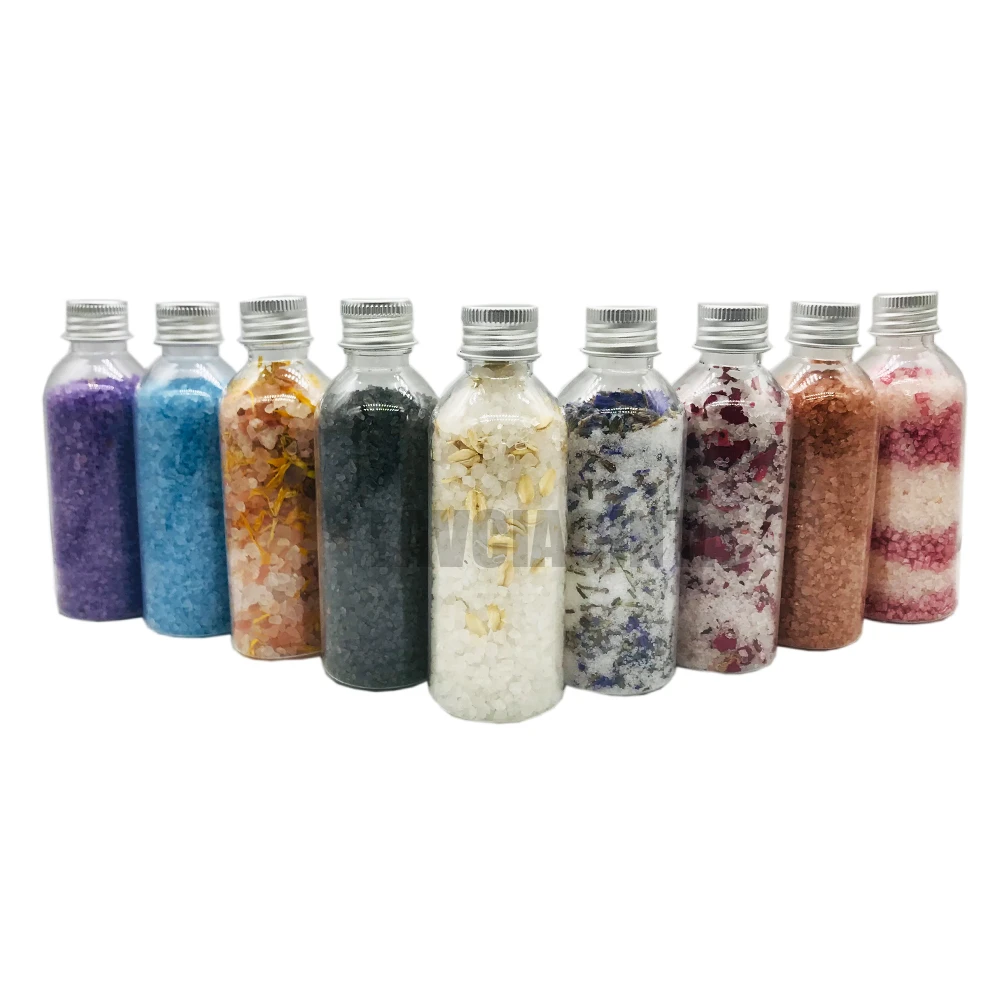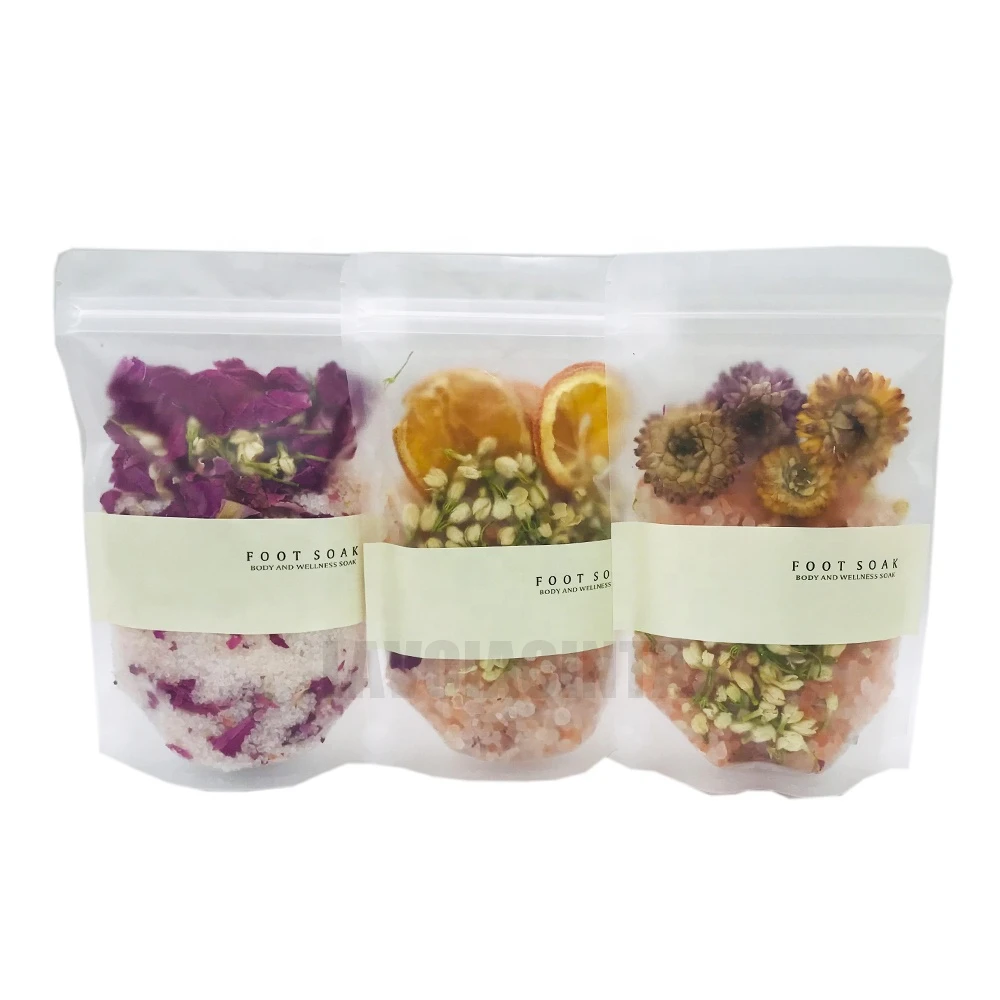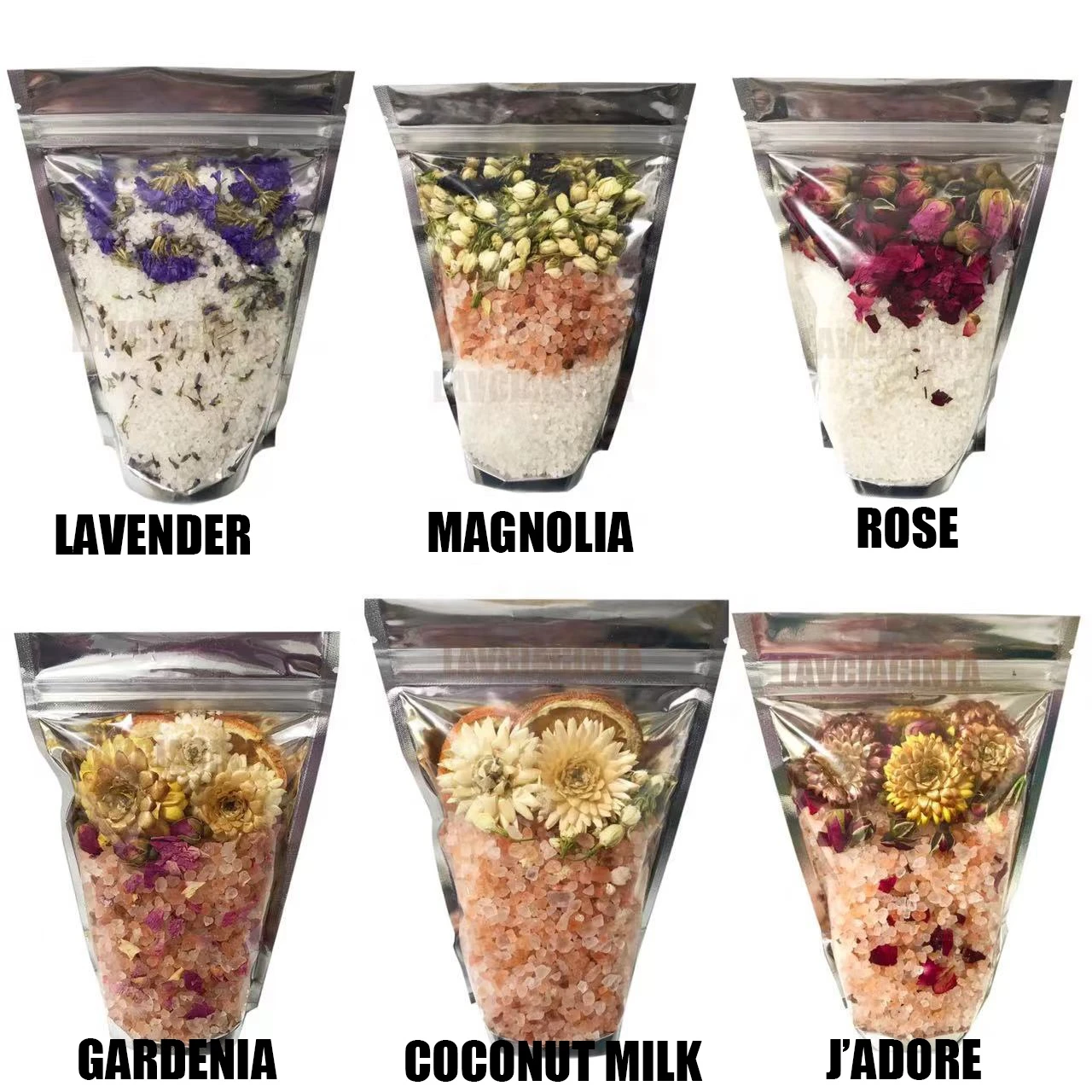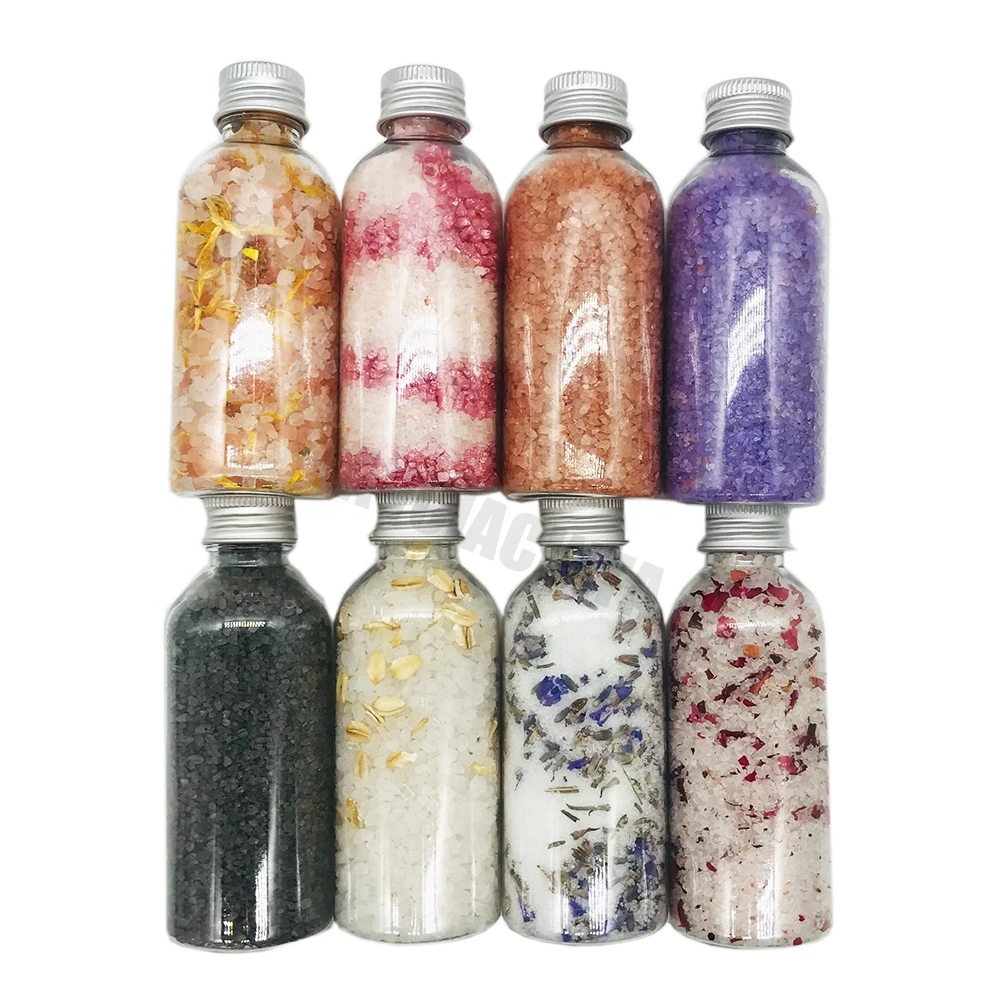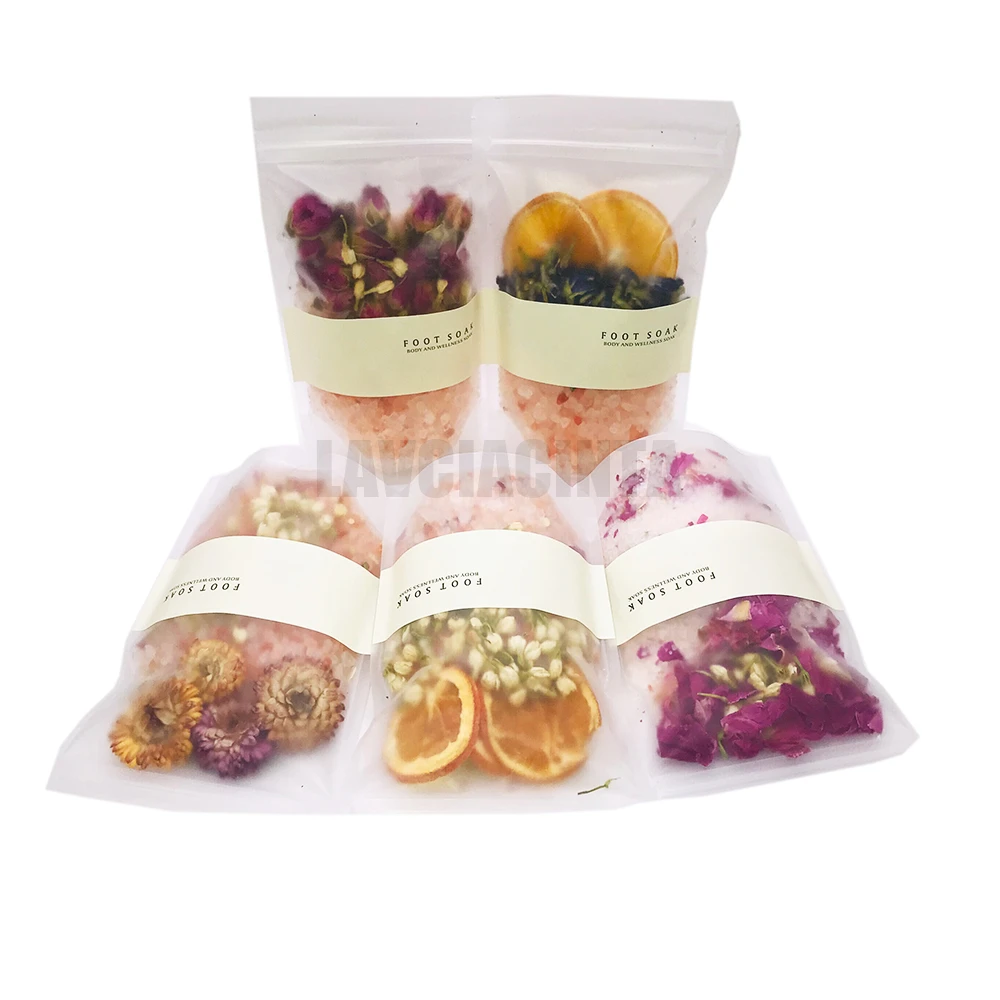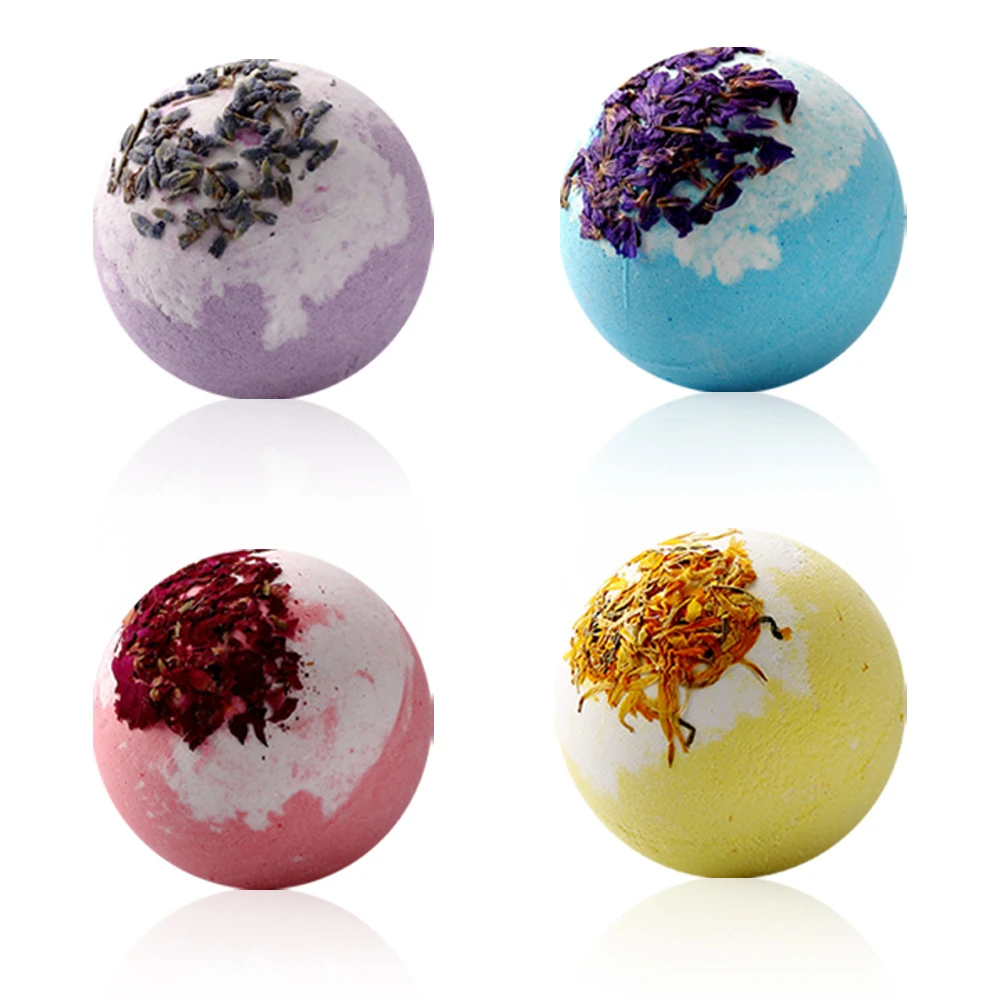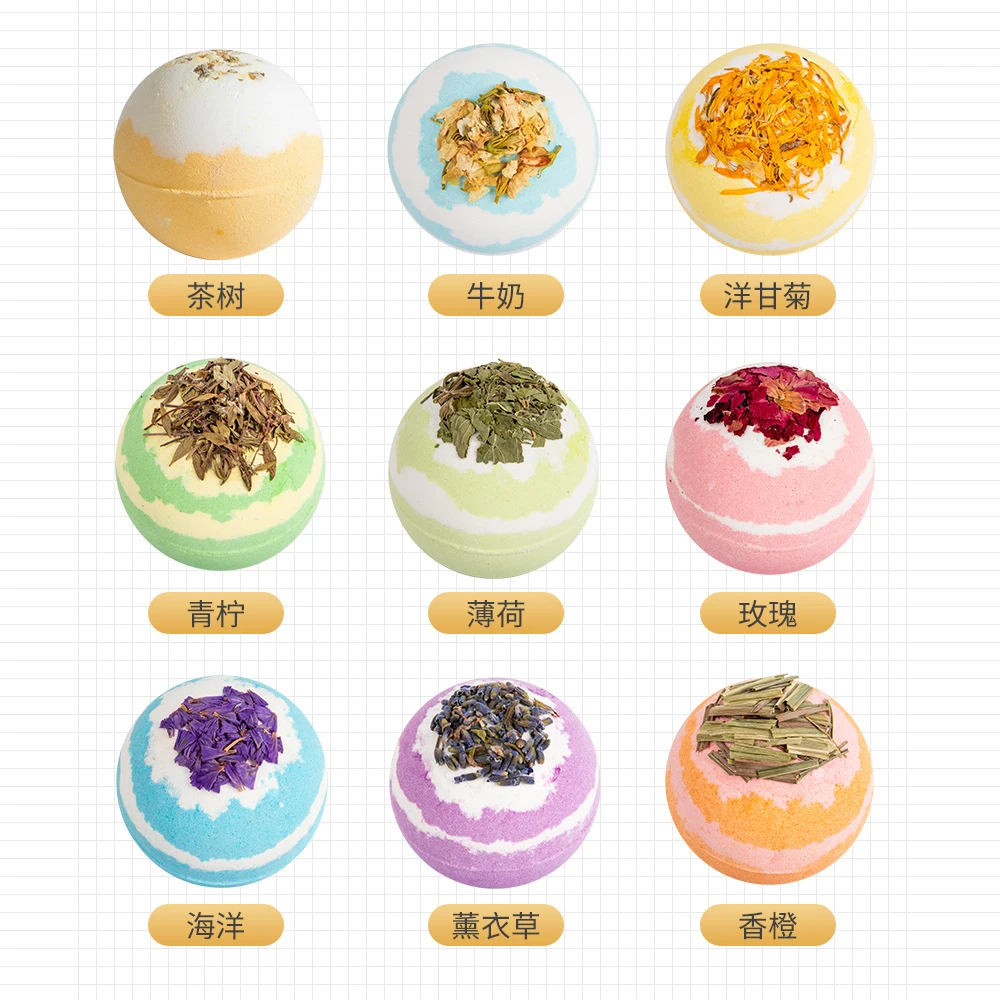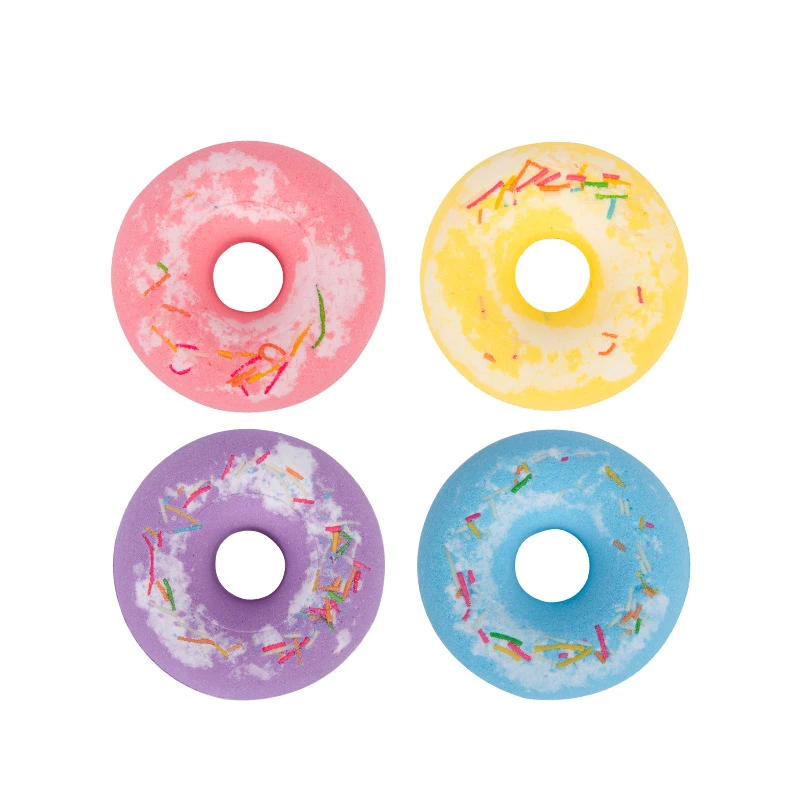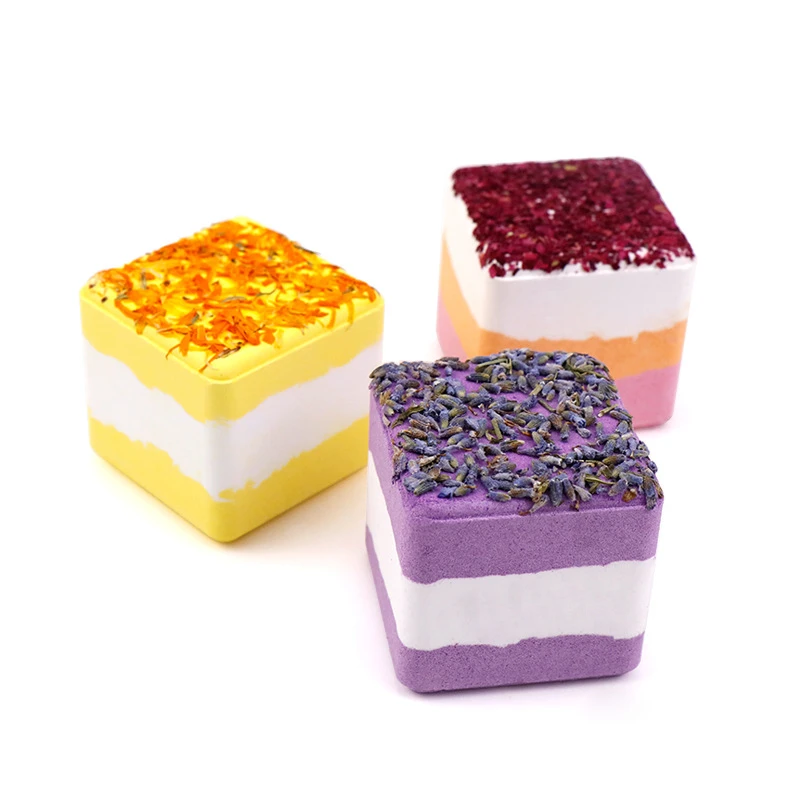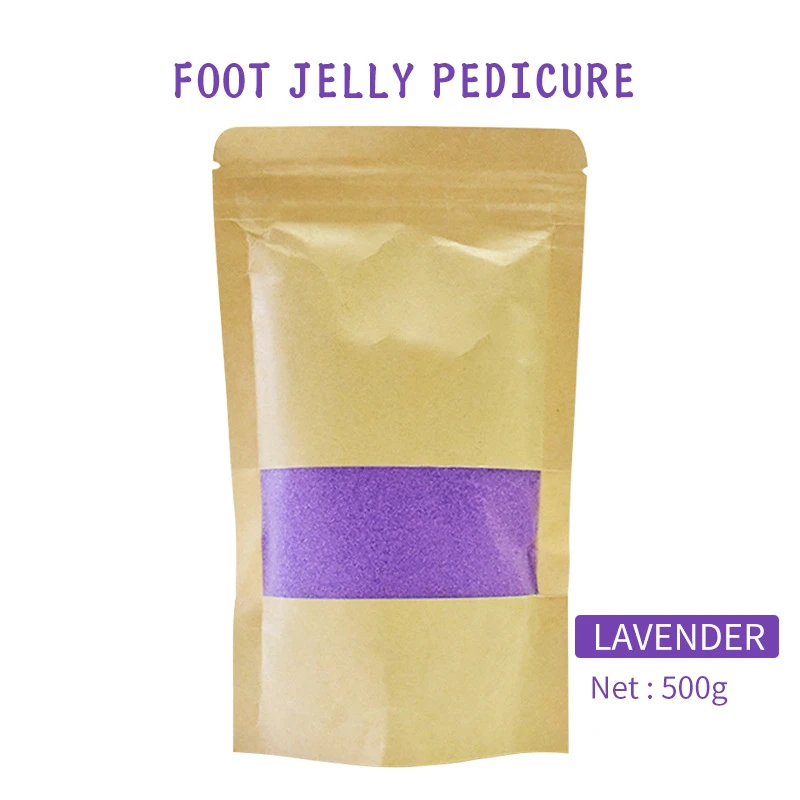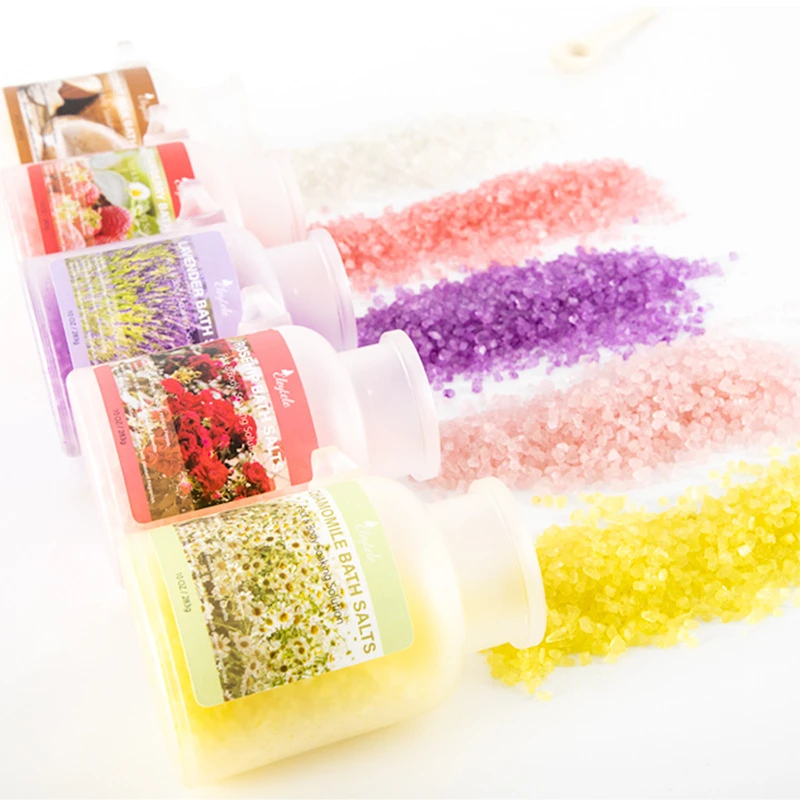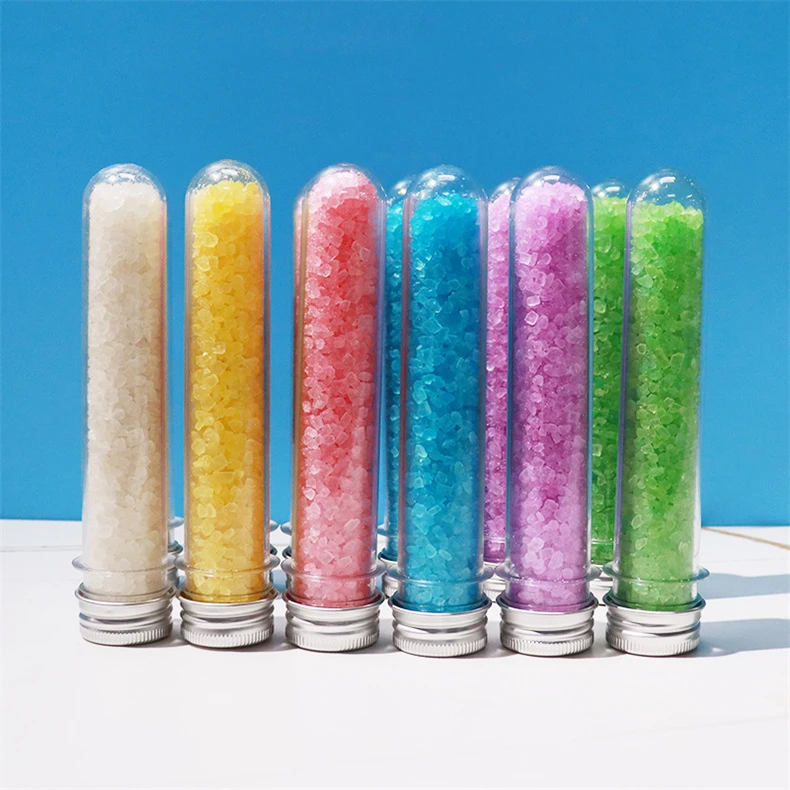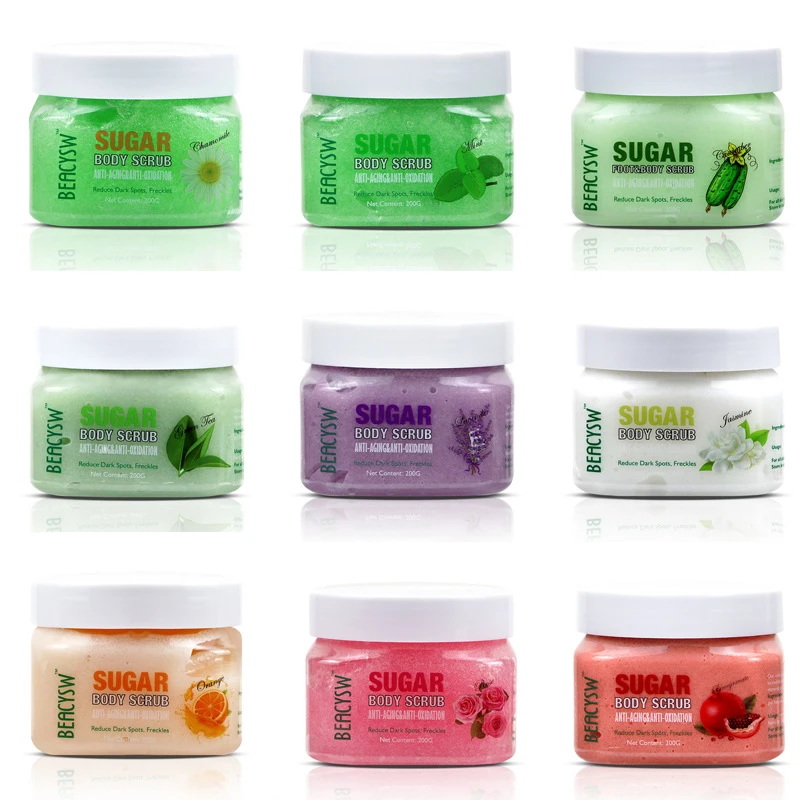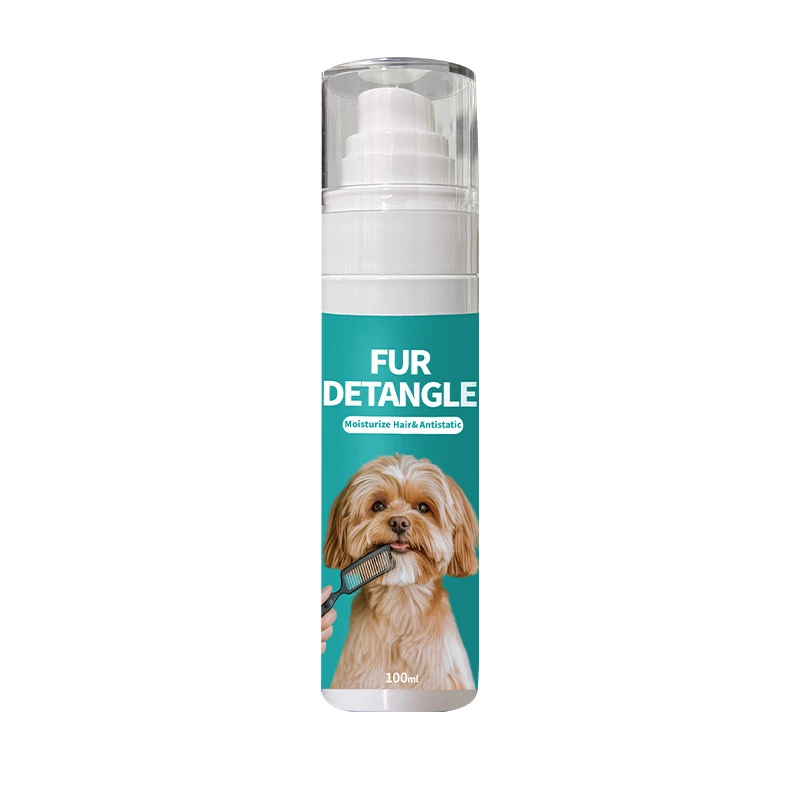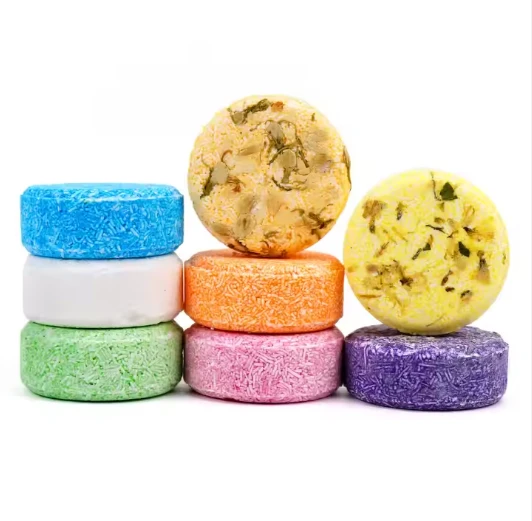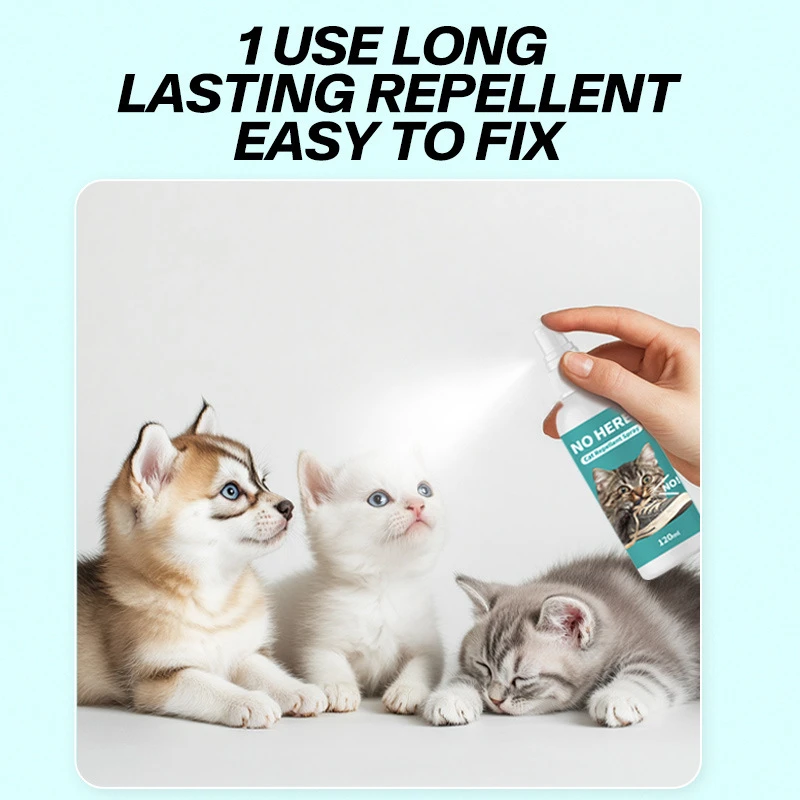The Science Behind Shampoo Bars: How They Cleanse
In a world increasingly focused on sustainability, shampoo bars have emerged as a revolutionary alternative to traditional liquid shampoos. These compact, eco-friendly bars offer a powerful cleanse without the need for harsh chemicals, making them ideal for both personal use and shampoo bars wholesale distribution.
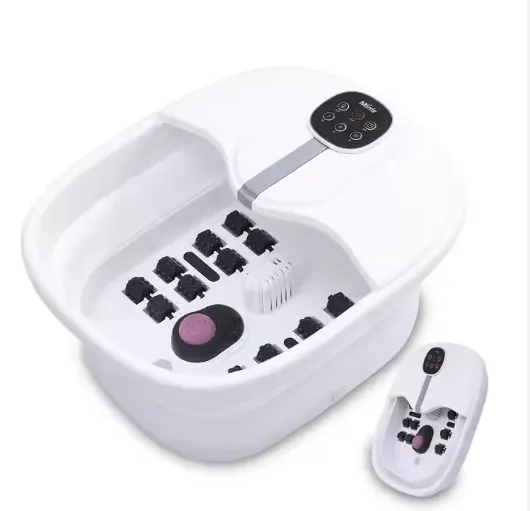
How Shampoo Bars Work to Cleanse Hair Naturally
Shampoo bars are crafted with natural surfactants, such as sodium cocoyl isethionate or saponified oils, which gently lift dirt and excess oil from the scalp. Unlike conventional shampoos that contain sulfates, these bars cleanse without stripping hair of its natural moisture. The result is a balanced scalp and healthier, shinier hair.
Additionally, many shampoo bars include essential oils and botanicals that can soothe and nourish the scalp. Ingredients like tea tree oil, lavender, and rosemary are known for their anti-inflammatory and antiseptic properties, making them beneficial for addressing dandruff-causing issues such as dryness, irritation, and flaking. This holistic approach not only treats symptoms but also supports long-term scalp health.
The lather produced by shampoo bars is rich yet mild, ensuring a thorough cleanse without irritation. Many bars also incorporate nourishing ingredients like sea butter, coconut oil, and essential oils, which condition hair while washing. This makes them a versatile choice for shampoo bars bulk buyers looking to cater to diverse hair types.
The Environmental Benefits of Switching to Shampoo Bars
One of the biggest advantages of shampoo bars is their minimal environmental impact. Traditional liquid shampoos often come in plastic bottles, contributing to global waste. In contrast, shampoo bars are typically packaged in recyclable or biodegradable materials, aligning with the zero-waste movement.
Furthermore, the production of shampoo bars generally requires less energy and water compared to liquid shampoos, reducing their carbon footprint. Additionally, they often contain fewer preservatives and stabilizers, making them a more natural and eco-friendly choice for consumers concerned about the ingredients in their personal care products.
For businesses interested in shampoo bars wholesale, promoting these eco-friendly benefits can attract environmentally conscious consumers. Additionally, since shampoo bars last longer than liquid shampoos, customers save money while reducing their carbon footprint—a compelling selling point for bulk purchases.
Why Shampoo Bars Are Ideal for All Hair Types
Whether dealing with dry, oily, or sensitive scalps, shampoo bars offer a customized solution. Bars infused with tea tree oil help balance oily scalps, while those with argon or jojoba oil provide deep hydration for dry hair. This adaptability makes them a smart choice for shampoo bars bulk orders, as they appeal to a wide customer base.
Moreover, for those with sensitive scalps, shampoo bars made with gentle, natural ingredients can soothe irritation and reduce the risk of allergic reactions. The absence of harsh chemicals commonly found in liquid shampoos makes them an excellent option for maintaining scalp health and promoting hair growth. In essence, shampoo bars cater to diverse scalp needs, ensuring that every customer can find a formulation that suits them perfectly.
Unlike conventional shampoos that may contain silicones and parabens, shampoo bars rely on natural ingredients that promote long-term hair health. This makes them especially appealing to those seeking cleaner beauty alternatives.
Hair Soap Bar vs. Traditional Shampoo: Key Differences
While some may confuse shampoo bars with traditional hair soap bar products, the two differ significantly. Traditional soap bars have a high pH, which can disrupt the scalp’s natural balance. Modern shampoo bars, however, are pH-balanced to match the scalp, preventing dryness and irritation.
For wholesalers, educating customers on this distinction is crucial. Highlighting the science behind shampoo bars can help differentiate them from lesser-quality alternatives, encouraging more shampoo bars wholesale purchases.
FAQ: Common Questions About Shampoo Bars
How Long Does a Shampoo Bar Last Compared to Liquid Shampoo?
A single shampoo bar can last as long as two to three bottles of liquid shampoo, making it a cost-effective choice for consumers and a profitable product for shampoo bars bulk buyers.
Are Shampoo Bars Suitable for Color-Treated Hair?
Yes! Many shampoo bars are formulated without sulfates, making them safe for color-treated hair. Look for bars with natural oils to maintain vibrancy and moisture.
Can Shampoo Bars Help with Dandruff?
Absolutely. Bars infused with antifungal ingredients like tea tree oil or neem can effectively combat dandruff while soothing the scalp.
Do Shampoo Bars Lather Well?
Despite their solid form, shampoo bars produce a rich, creamy lather when rubbed between wet hands or directly onto hair.
Why Should Wholesalers Invest in Shampoo Bars Bulk Orders?
With rising demand for sustainable beauty products, shampoo bars wholesale offers a lucrative opportunity. Their long shelf life, eco-friendly appeal, and growing consumer interest make them a smart investment.
As more consumers shift toward sustainable hair care, shampoo bars present a golden opportunity for wholesalers. By stocking high-quality shampoo bars bulk inventory, you can meet this demand while promoting eco-conscious beauty.Don’t miss out—place your shampoo bars wholesale order today and be a part of the green hair care movement!



